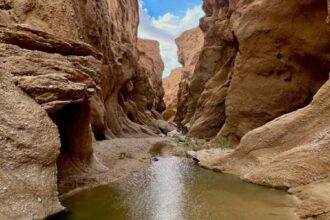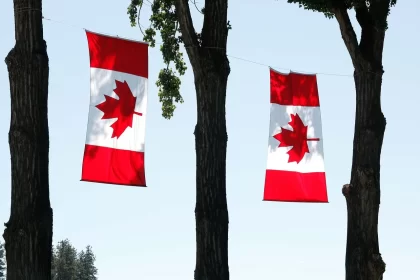\n
A visa is an official document that allows the bearer to legally enter a foreign country. The visa is usually stamped or glued into the bearer’s passport. There are several different types of visas, each of which affords the bearer different rights in the host country.
\n
Check out How Do I Apply for a Visa? for more information.
\n
What is a Travel/Tourist Visa?
\n
Travel visas allow the bearer to enter a foreign country for tourist and leisure purposes only and stay for a predetermined amount of time. These visas do not entitle the holder to work or engage in any business activities in the host country.
\n
\n
What is a Work Visa?
\n
Work visas are required for individuals who wish to take on employment or engage in business activities in the host country. There are several types of work visas that depend on the nature of the work and length of stay. For example, working holiday visas allow individuals to temporarily take on employment while traveling through the country.
\n
\n
What is a Business Visa?
\n
A business visa allows the bearer to enter the host country and engage in business activities without joining that country’s labor market. For example, an individual may require a business visa if they are traveling to a country to do business with another company or if they are attending a business conference. The visitor typically must show that they are not receiving income from the country.
\n
What is a Student Visa?
A student visa is a type of nonimmigrant visa that allows the bearer to enroll at a postsecondary educational institution in the host country. High school foreign exchange students must typically obtain a visa for temporary residence.
\n
\n
What Is a Refugee/Asylum Visa?
\n
Refugee visas and asylum visas can be granted to individuals fleeing persecution, war, natural disasters and other situations in which their lives are at risk.
\n
What is a Working Holiday Visa?
Working holiday visas allow the bearer to undertake temporary employment in a country through which they are traveling. Not every country offers a working holiday program. Australia has the most popular such program.
\n
What Is a Spousal Visa?
\n
Spousal visas allow partners to visit each other when the couple does not hail from the same country.
\n
What is a Transit Visa?
\n
Travelers may sometimes require transit visas in order to pass through a country that is not their destination country. Transit visas are typically required if you have a layover in a country of more than a few hours.
\n
What is an eVisa?
\n
An eVisa, or electronic visa, is a digital visa that is stored in a database rather than stamped or glued into the bearer’s passport. The eVisa is linked to the individual’s passport number. Applications for eVisas are typically done over the Internet and the applicant will receive a paper document to present while traveling.
\n
Immigrant Vs. Nonimmigrant Visas
Travel visas can be separated into two categories: immigrant and nonimmigrant. Immigrant visas allow the bearer to reside permanently in the host country, whereas nonimmigrant visas allow the bearer to enter the host country on a temporary basis.
\n
What Does a Visa Look Like?
\n
Traditional visas can either be stamped or glued into your passport. If your visa is glued into your passport, it is usually a small document that includes your name, passport number, place of birth, reason for travel and expiration date. Stamped visas typically have less information on them. They usually only have the destination and date from which the visa is valid and official instructions stating how many days the visa is valid for.
\n
Why Do I Need a Visa to Travel?
\n
Visas are necessary if you would like to travel to a country that does not have a visa policy in place with your home country.
\n
Many countries have visa policies and agreements that allow their citizens to travel freely between them without the need for a visa. For example, Canadians and Americans do not need visas in order to travel to each other’s countries, only valid travel documents. However, Canadians do need visas to travel to Bhutan, for example, since no visa agreement exists between the two nations.
\n
Check on Passport Index to see if you need a visa to travel to your next destination.
\n
What is a Visa Policy?
\n
A country’s visa policy is a rule that states who may or may not enter the country. The policy may allow passport holders of one country to enter visa-free but not the passport holders of another country. Most visa policies are bilateral, meaning that two countries will allow visa-free travel to each other’s citizens, but this is not always the case. For example, Canadian passport holders may travel to Grenada visa-free, but Grenadians must apply for a visa in order to travel to Canada.
\n
There are no hard and fast rules for countries when determining visa policies. However, some typical considerations include diplomatic relations with the other country, the history, if any, of illegal immigration from the country, cost and tourism factors, and more.
\n
Why Do Certain Countries Have Visa Restrictions?
\n
Countries have visa restrictions in order to check and control the flow of visitors in and out of the country and to prevent illegal immigration and other criminal activities. Forcing travelers to apply for a visa allows the authorities to vet potential visitors. For example, individuals may attempt to travel to a country with better economic opportunities in order to work illegally there.
\n
\n
\n
RCO NEWS

















